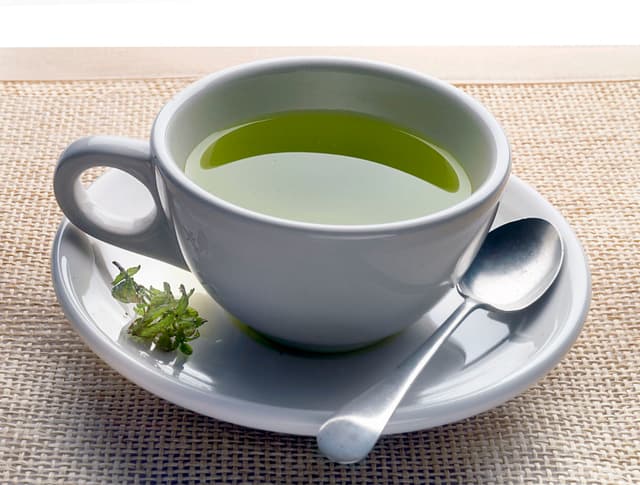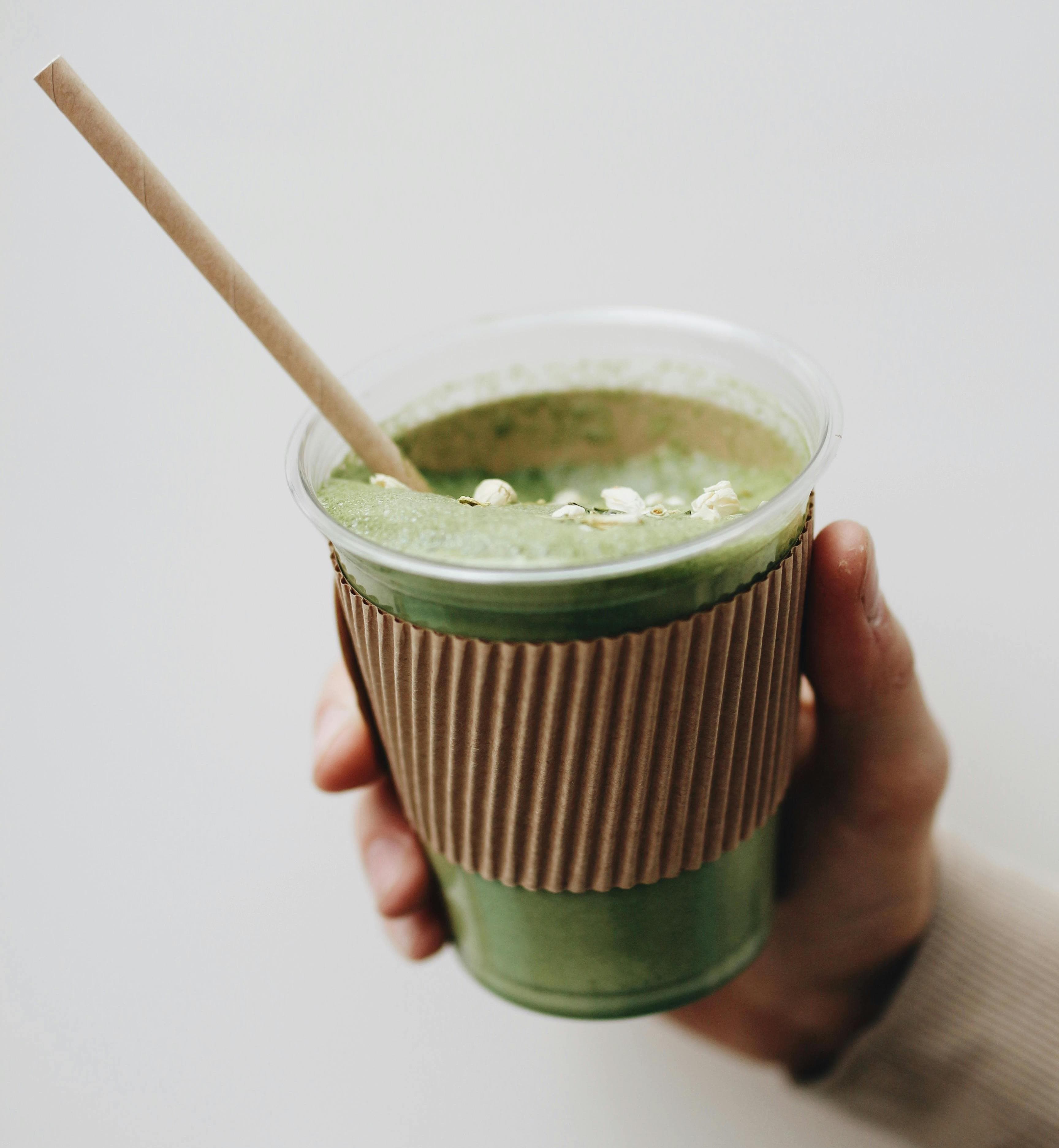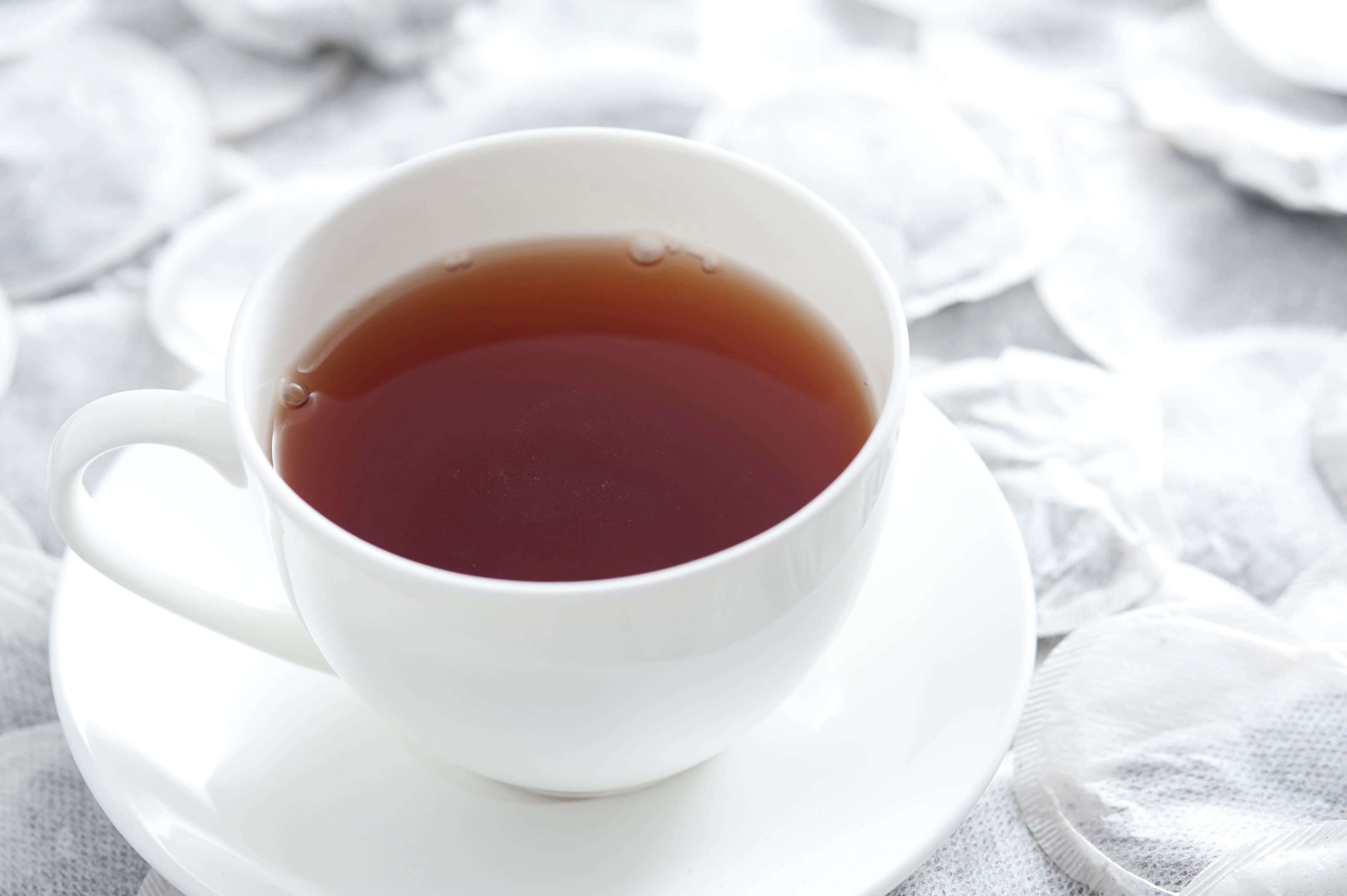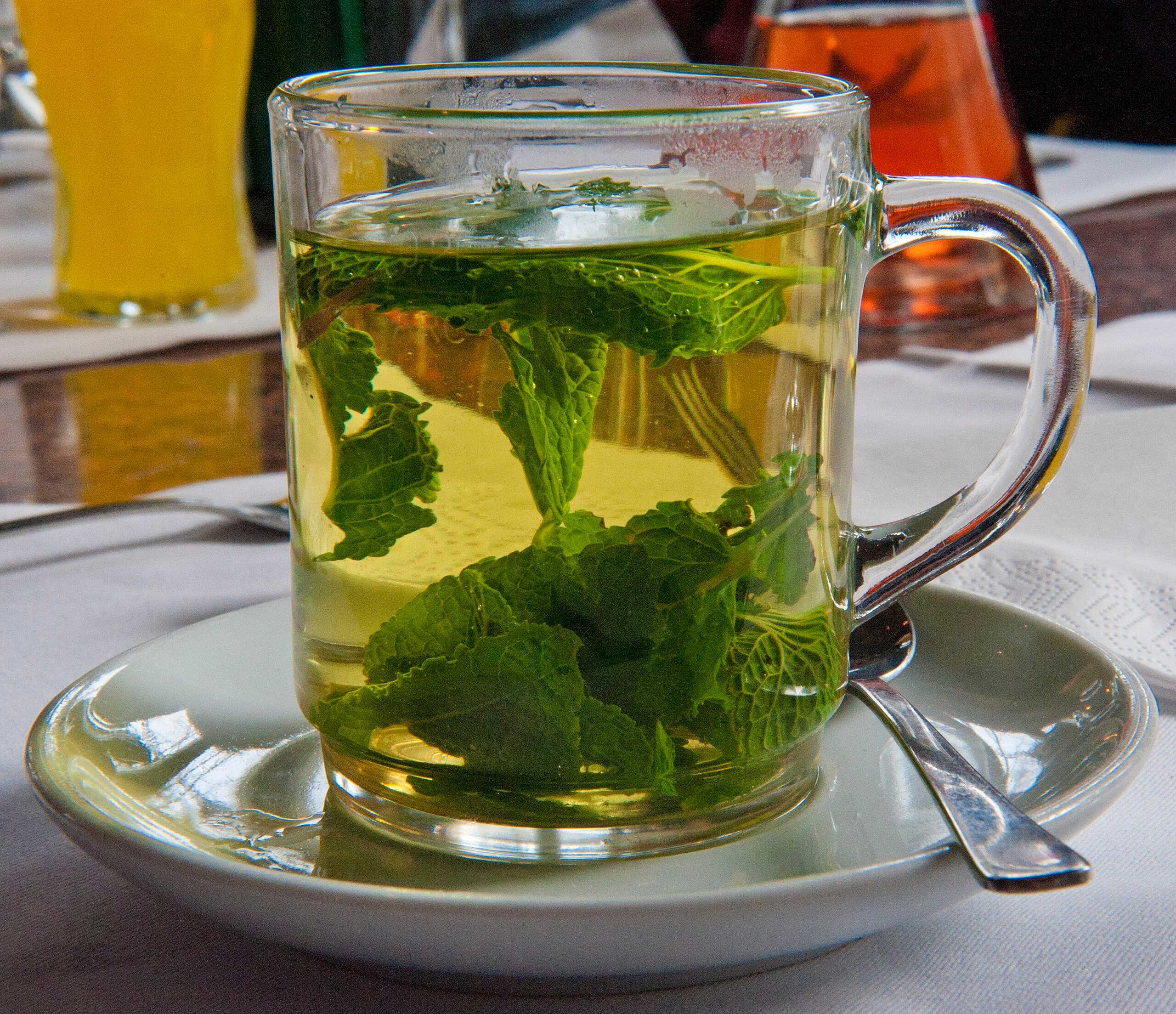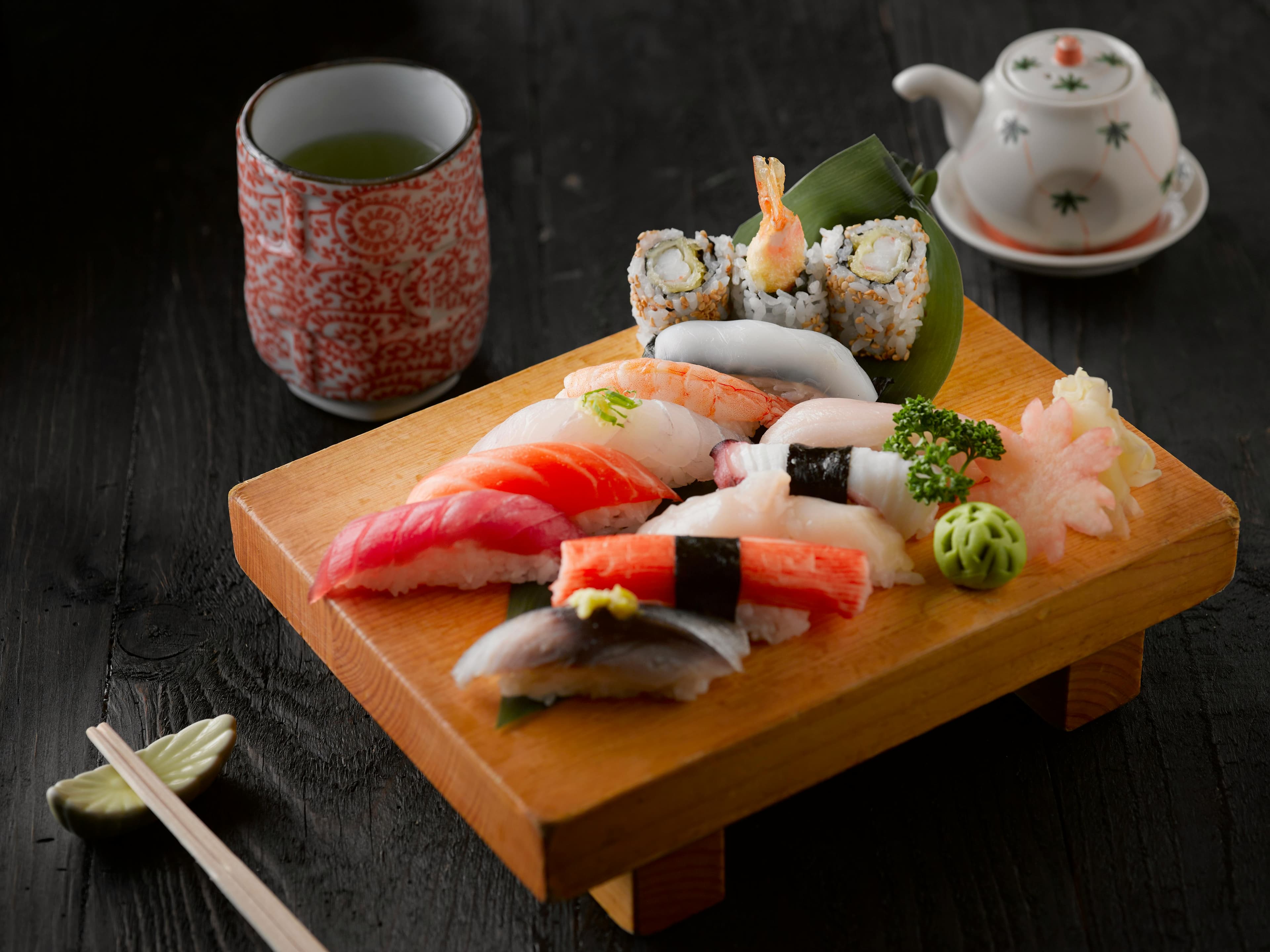Harmless Harvest Organic Coconut Water vs. Green Tea
Harmless Harvest Organic Coconut Water
Harmless Harvest Organic Coconut Water is a pure, single-ingredient coconut water made from organic Thai coconuts. It stands out because of its naturally pink color, which happens due to antioxidants in the coconut water reacting with light and oxygen. The pink hue doesn’t change the taste—it’s still naturally sweet, crisp, and refreshing. This coconut water has no added sugar, preservatives, or artificial ingredients. It’s packed with electrolytes, including potassium, making it a good choice for hydration, whether you’re working out, recovering from a night out, or just looking for a refreshing drink. It can also be used in smoothies, cocktails, or just straight from the bottle. Harmless Harvest focuses on sustainability and ethical sourcing. Their coconut water is USDA Organic certified, Fair for Life certified, and their bottles (excluding the cap and label) are made from 100% recycled plastic. The company partners with organic farms that use sustainable farming practices, en...
Green Tea
Green tea is a type of tea made from the leaves of the Camellia sinensis plant. Unlike black or oolong teas, green tea is made by heating the leaves soon after picking to prevent oxidation. This keeps the leaves green and gives the tea its fresh, grassy taste. It originally came from China but is now popular across East Asia, especially in Japan, Korea, and Vietnam. There are many kinds of green tea, depending on where it's grown, how it's processed, and when it's harvested. For example, Japan’s sencha is steamed, giving it a bright green color and a sweet flavor, while China’s longjing is pan-fired, making it more toasty and mellow. Making a cup is simple: just steep the leaves in hot water, but not boiling—usually around 70–80°C (160–175°F)—for a couple of minutes. If the water is too hot or you steep it too long, the tea can taste bitter. Green tea has been linked to many health claims, but the evidence is mixed. It does have some caffeine, though less than coffee, and contains a...
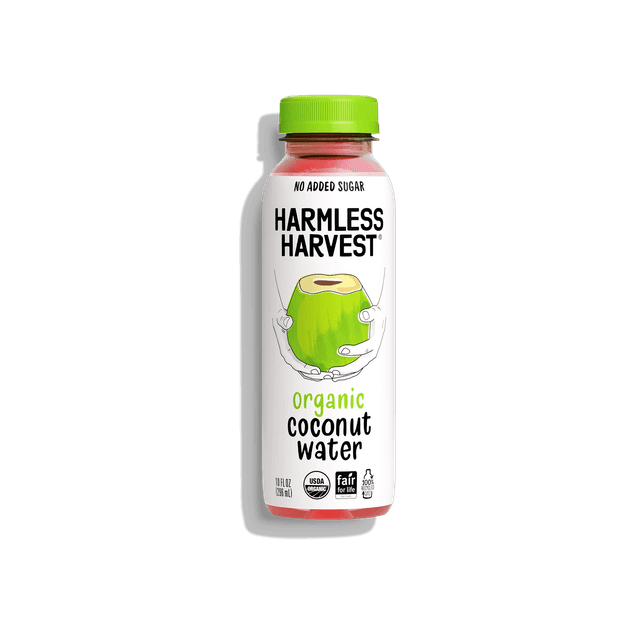
Reviews
Reviewed on 2/27/2025
Reviews
Reviewed on 3/2/2024
Too much caffeine for me :(
| Item | Votes | Upvote |
|---|---|---|
| Organic | 1 | |
| Refreshing | 1 |
| Item | Votes | Upvote |
|---|---|---|
| No cons yet, would you like to add one? | ||
| Item | Votes | Upvote |
|---|---|---|
| No pros yet, would you like to add one? | ||
| Item | Votes | Upvote |
|---|---|---|
| No cons yet, would you like to add one? | ||
Frequently Asked Questions
Harmless Harvest Organic Coconut Water is specifically designed for hydration, packed with electrolytes like potassium, making it an excellent choice for replenishing fluids after exercise or during hot weather. In contrast, while Green Tea does provide hydration, it contains caffeine, which can have a diuretic effect, potentially leading to increased urination. Therefore, for pure hydration purposes, Harmless Harvest Organic Coconut Water is generally considered the better option.
Both Harmless Harvest Organic Coconut Water and Green Tea have health benefits, but they serve different purposes. Coconut water is rich in electrolytes and is great for hydration, especially after physical activity. On the other hand, Green Tea is known for its antioxidants and potential health benefits related to metabolism and heart health. The choice between the two depends on your specific health goals—if you need hydration, go for coconut water; if you're looking for antioxidants and a lower caffeine option, Green Tea may be preferable.
Harmless Harvest Organic Coconut Water is a single-ingredient product made from organic coconuts, with no added sugars or preservatives. Green Tea, while also natural, can vary in quality and may contain additives depending on the brand and type. If you are looking for a product with minimal ingredients, Harmless Harvest Organic Coconut Water is likely the better choice.
Harmless Harvest Organic Coconut Water is often described as refreshing due to its naturally sweet and crisp taste, making it a popular choice for hydration. Green Tea can also be refreshing, especially when served chilled, but its flavor profile is more grassy and can be an acquired taste. Overall, for immediate refreshment, many people prefer coconut water.
Harmless Harvest Organic Coconut Water is a pure, single-ingredient coconut water made from organic Thai coconuts. It is known for its naturally pink color, which is due to antioxidants reacting with light and oxygen. This coconut water is naturally sweet, crisp, and refreshing, with no added sugar, preservatives, or artificial ingredients. It is rich in electrolytes, including potassium, making it an excellent choice for hydration.
The pros of Harmless Harvest Organic Coconut Water include its organic nature and refreshing taste. It is made from sustainably sourced ingredients and is free from added sugars and preservatives. Currently, there are no cons listed by users.
Harmless Harvest Organic Coconut Water is sourced from organic farms that practice sustainable farming methods. The company ensures that no synthetic fertilizers or pesticides are used, and it is USDA Organic certified and Fair for Life certified.
Harmless Harvest Organic Coconut Water is perishable and should be kept refrigerated once received. While it does not require refrigeration during shipping, chilling it before drinking helps maintain its fresh, clean taste.
Harmless Harvest Organic Coconut Water is available in various sizes, including a 10oz 12-pack priced at around $48. It can be purchased online and in stores.
Green tea is a type of tea made from the leaves of the Camellia sinensis plant. It is produced by heating the leaves soon after picking to prevent oxidation, which keeps the leaves green and gives the tea its fresh, grassy taste. Originating from China, green tea is now popular across East Asia, particularly in Japan, Korea, and Vietnam.
There are many kinds of green tea, depending on where it's grown, how it's processed, and when it's harvested. For example, Japan’s sencha is steamed, resulting in a bright green color and a sweet flavor, while China’s longjing is pan-fired, giving it a more toasty and mellow taste.
Making a cup of green tea is simple: steep the leaves in hot water, ideally around 70–80°C (160–175°F), for a couple of minutes. It's important not to use boiling water or steep it for too long, as this can make the tea taste bitter.
Green tea has been linked to various health claims, although the evidence is mixed. It contains some caffeine, less than coffee, and is rich in antioxidants called catechins. Many people drink it for its taste, potential focus-enhancing effects, or simply for the ritual of making it.
Pros of green tea include its rich antioxidant content and potential health benefits. However, some individuals may find that it contains too much caffeine for their liking, as noted in user reviews.
Some users enjoy green tea for its taste and health benefits, while others have expressed concerns about its caffeine content. For example, one user mentioned, 'Too much caffeine for me :('.
